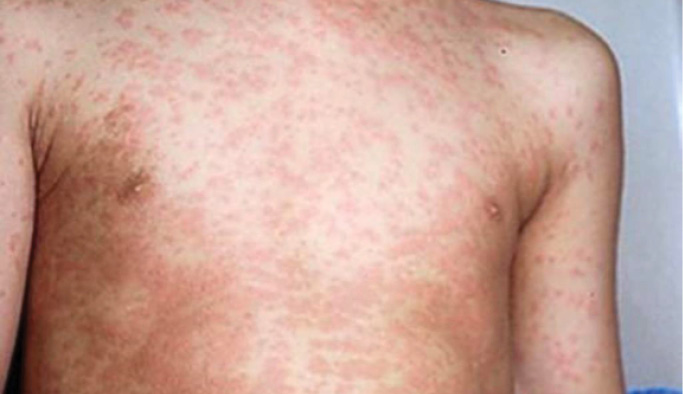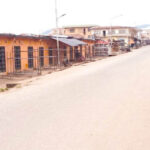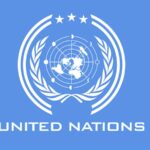The recent outbreak of measles in Adamawa State brought to the fore the fact that Nigeria has yet to come up with concrete measures to prevent epidemics. We recall that a few months ago the country had to deal with the outbreaks of diphtheria and meningitis, which are preventable diseases through regular immunisation. We are also yet to contain the outbreak of Lassa fever which often kills hundreds of people, including our health personnel.
The measles outbreak in the two LGAs of Mubi and Gombi in Adamawa led to the death of 49 people among the 838 cases reported. Earlier in January, 2024, there was a reported outbreak of the disease in Zah community in Michika LGA, but which was quickly contained. In reaction, the state government ordered the immediate closure of schools.
Though a safe and cost-effective measles vaccine is available and 85 per cent of children globally received one dose by their first birthday in 2014, the disease remains a leading cause of death in children. According to the 2013 Nigeria Demographic and Health Survey, 25 per cent of Nigerian children aged 12 to 23 months received all the recommended vaccines, but measles vaccination coverage was 42 per cent. The Southern part of the country had higher measles coverage (62-74 per cent) compared to the Northern part (22-48 per cent).
Worldwide, 114,900 measles deaths occurred in 2014, and over 95 per cent of the deaths occurred in low-income countries in Africa and Asia. There are 47 priority countries contributing significantly to measles mortality indices. Nigeria is one of such countries. Recent data from the National Centre for Disease Control (NCDC) showed that no fewer than 20,000 deaths from measles were recorded between 2018 and 2022.
A breakdown of the data showed that between January and December, 2023, a total of 19,469 cases were reported, with 11,264 cases confirmed. The data also showed that 63.1 per cent of the confirmed cases affected children under five years.
More worrying is the fact that 83.6 per cent cases have not had a single dose of measles vaccination, which is part of routine vaccinations prescribed in the country. In fact, states like Plateau, Zamfara, Kaduna, Sokoto, Adamawa, Jigawa, Kwara and Gombe had between 90 per cent and 100 per cent zero dosage.
We at Daily Trust believe that this speaks volumes of how serious our authorities take a situation that is easily preventable. So, if the recent case is not handled well it can lead to deaths of hundreds of children.
The World Health Assembly’s (WHA’s) global targets are to reduce global measles mortality by 95 per cent and to achieve measles elimination in at least five WHO regions by 2024. WHA mapped out key strategies to achieve this: they include maintaining high level of population immunity by providing high vaccination coverage with two doses of measles and rubella-containing vaccines and maintaining high coverage (90 per cent nationally and 80 per cent in districts) with the first dose of measles vaccine given by age 12 months through routine immunisation.
WHA also proposed achieving 90 per cent coverage with measles vaccine in every district and improving record keeping as a strategic prerequisite to improve monitoring and potentially strengthening routine immunisation.
The assembly, which is composed of health ministers of member nations, emphasised effective surveillance and evaluation of programmatic efforts to ensure progress, monitoring measles incidences and coverage to assess progress.
It also emphasised the need for preparations for eventual outbreaks, which should include a plan for locally funded outbreak responses and provision of vaccine stocks for emergency use.
Unfortunately, Nigeria is in default of most of these recommendations, hence our inability to tame the outbreak of this disease every year. With the current security situation, especially in most of the vulnerable states, it is difficult to achieve these.
However, we believe that should not stop the relevant authorities from providing basic healthcare to the population.
Federal, state and local governments must restrategise to ensure our children receive the required dosage of this vaccine as at when due. To achieve this, they can use traditional rulers, community leaders and local organisations. There is also the need for massive public enlightenment for parents to understand the need for them to present their children for immunisation.
Our leaders have a duty to ensure the health and wellbeing of every citizen under their care, especially our children who are the hope of the future.

 Join Daily Trust WhatsApp Community For Quick Access To News and Happenings Around You.
Join Daily Trust WhatsApp Community For Quick Access To News and Happenings Around You.


